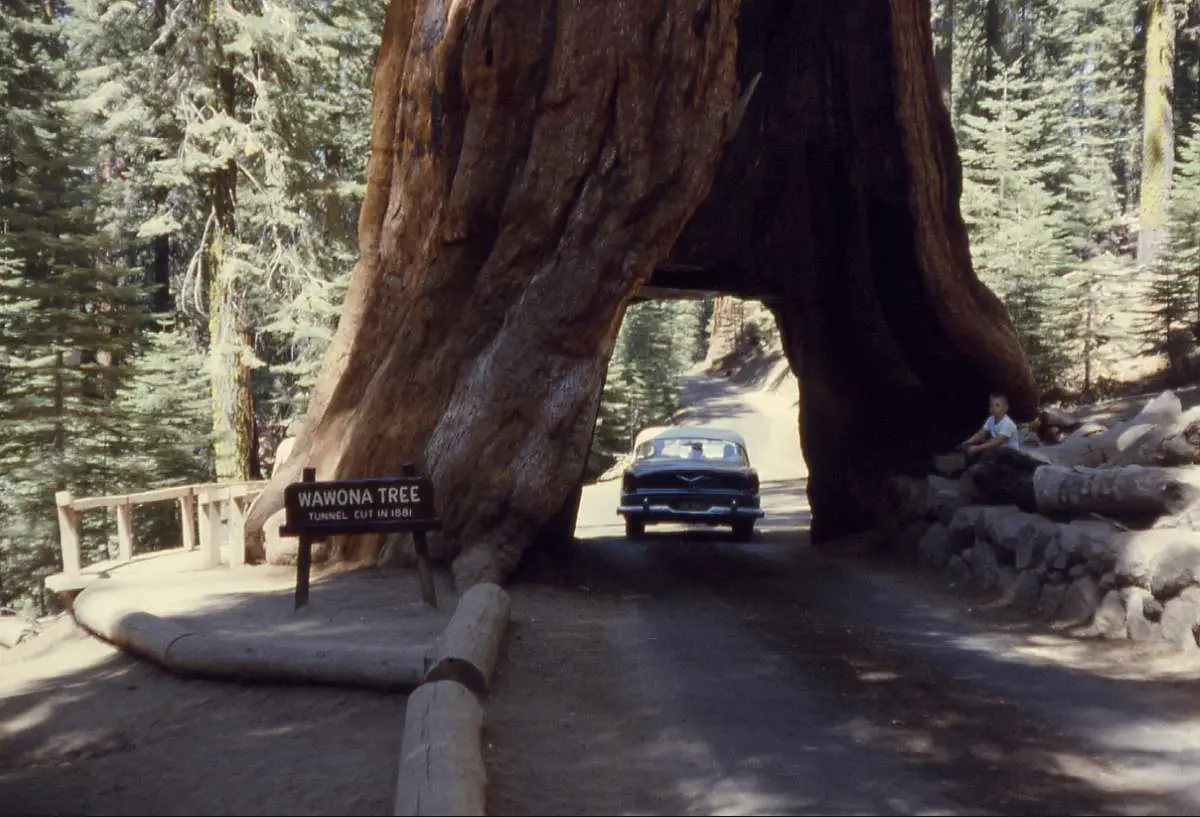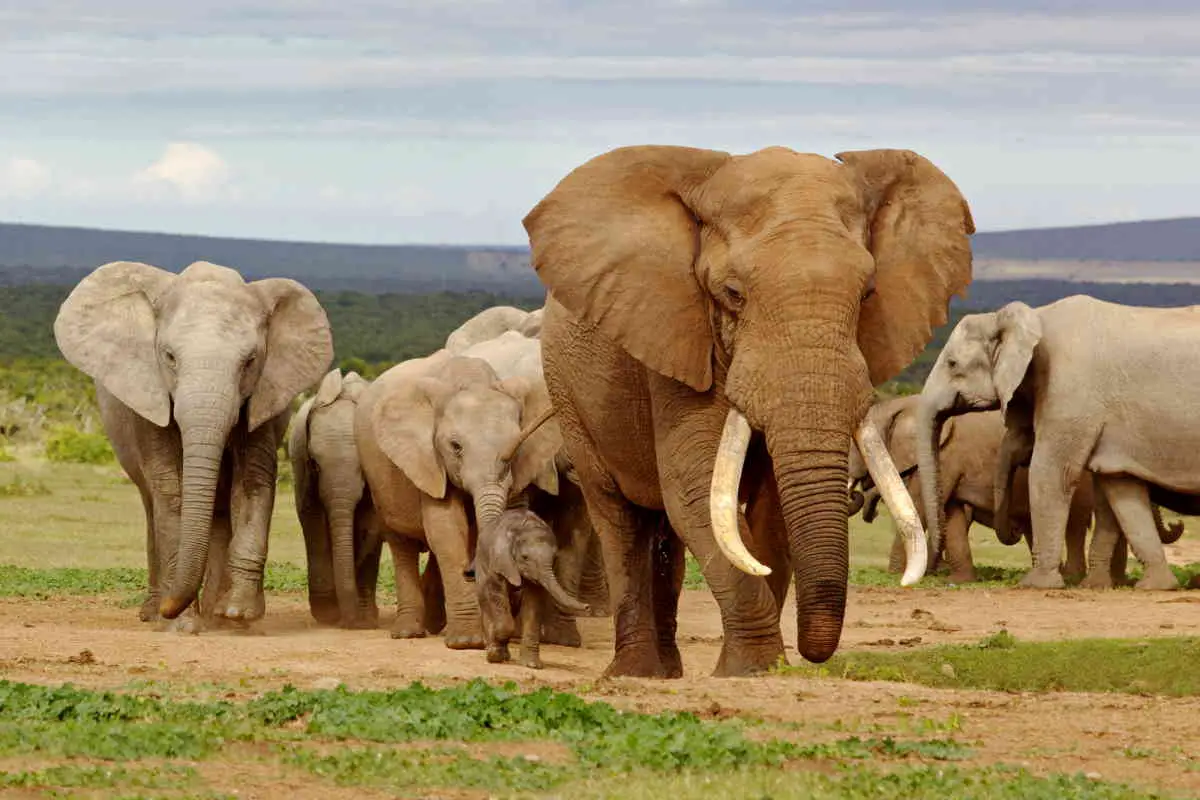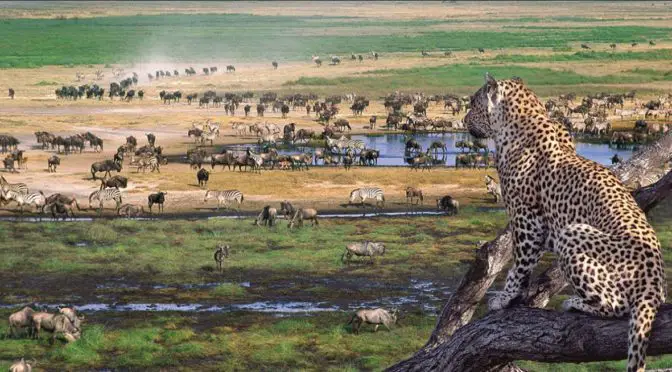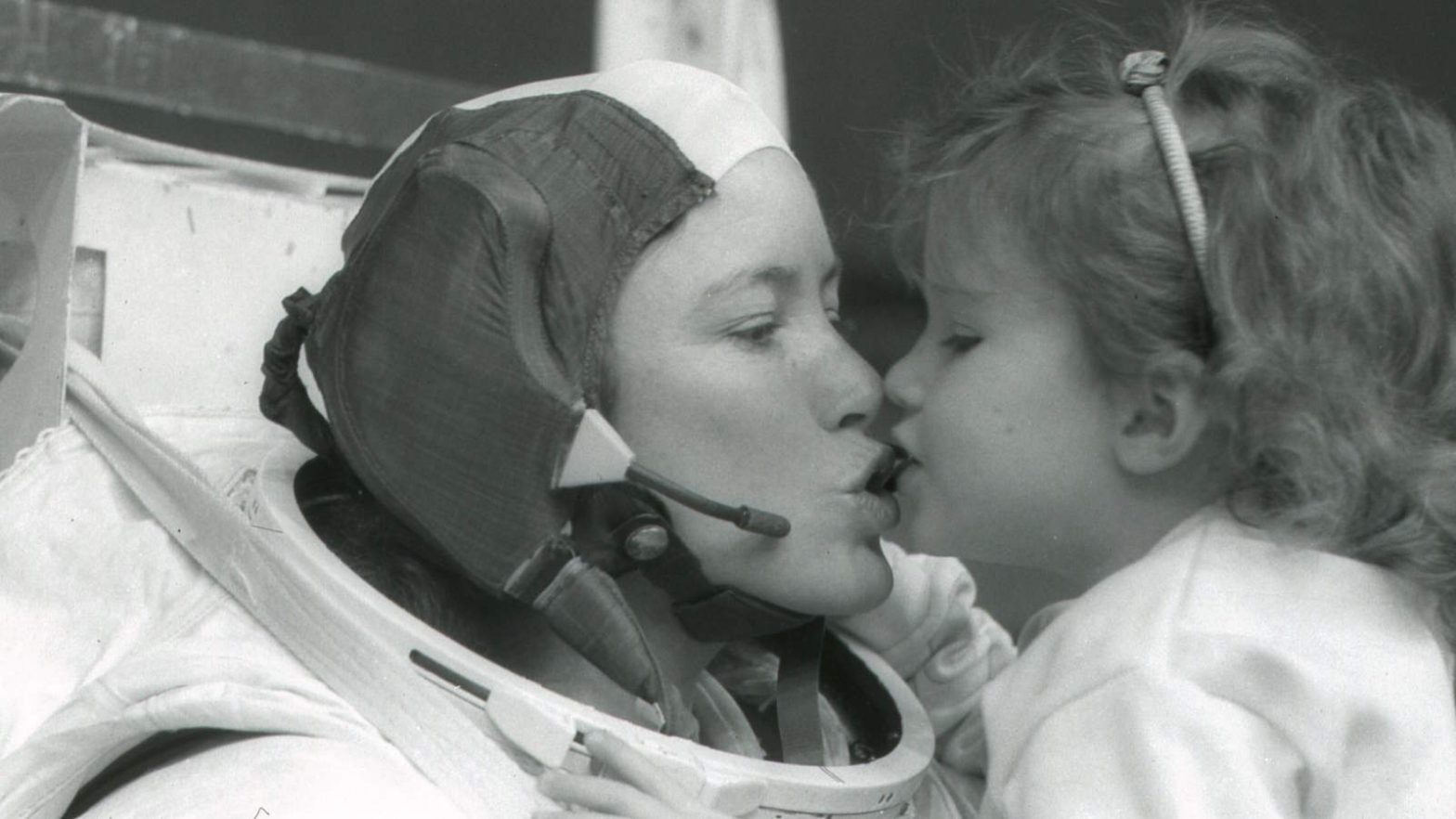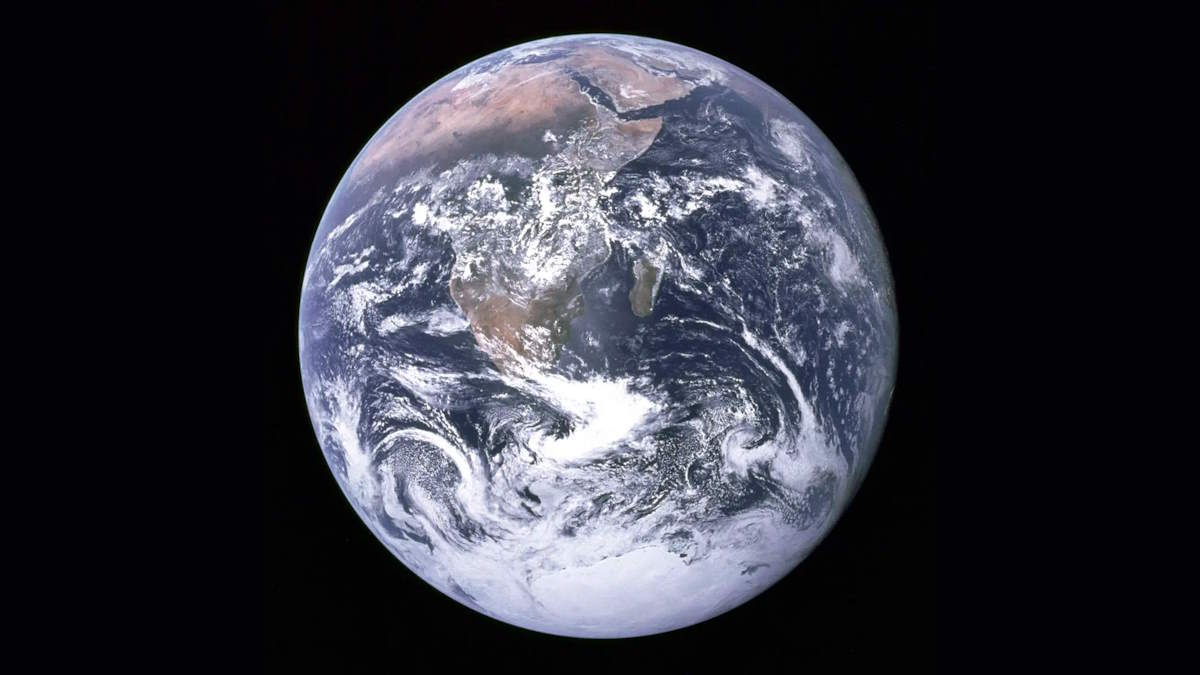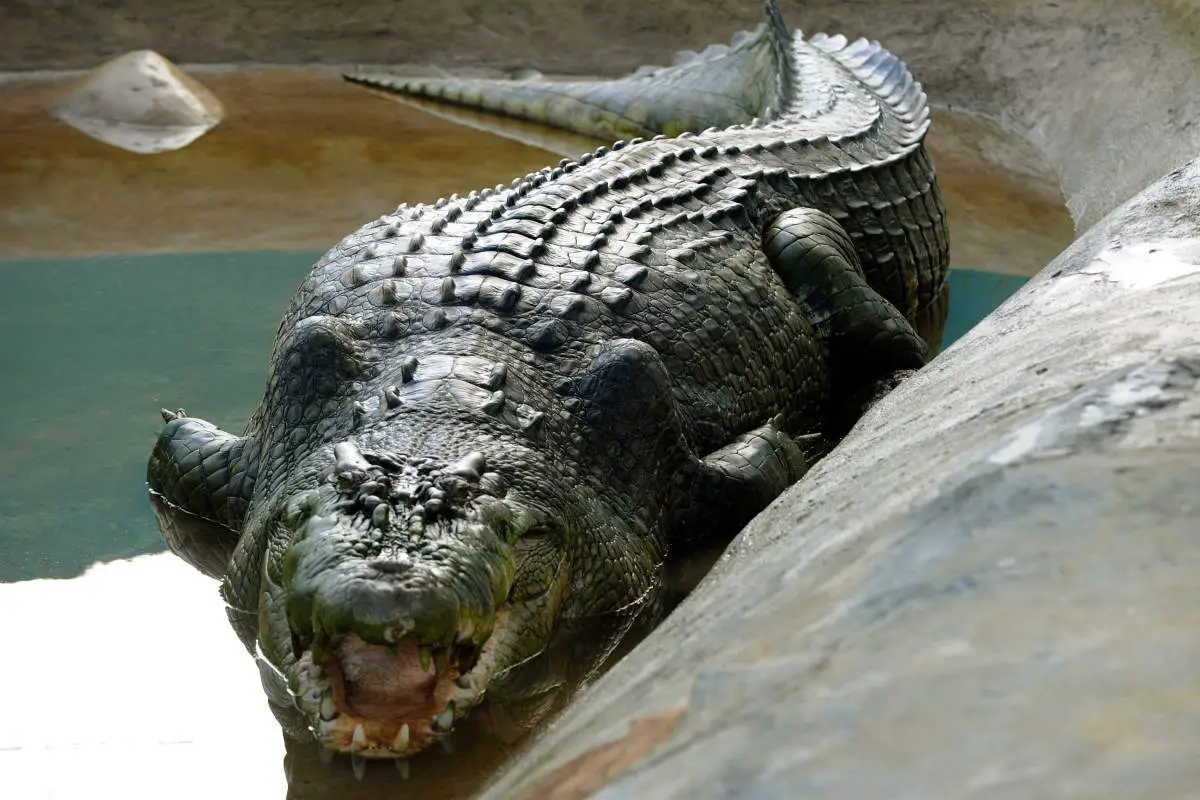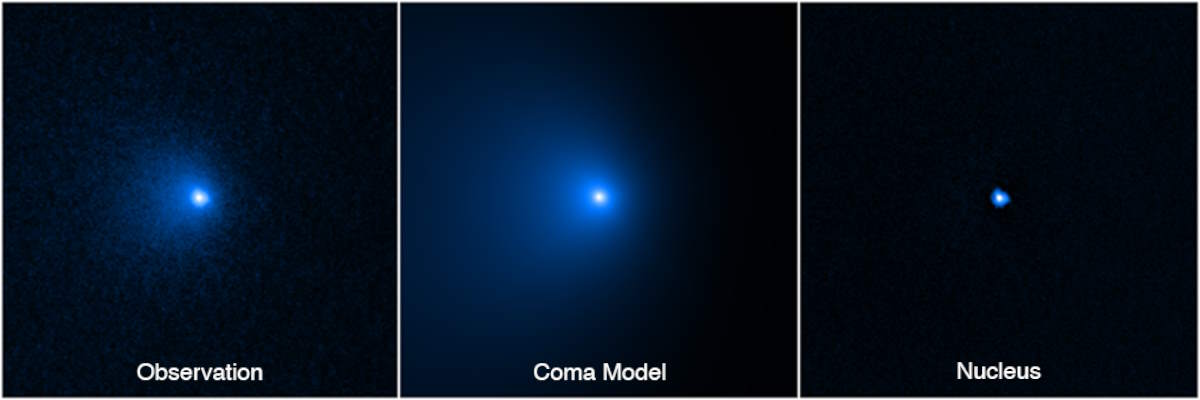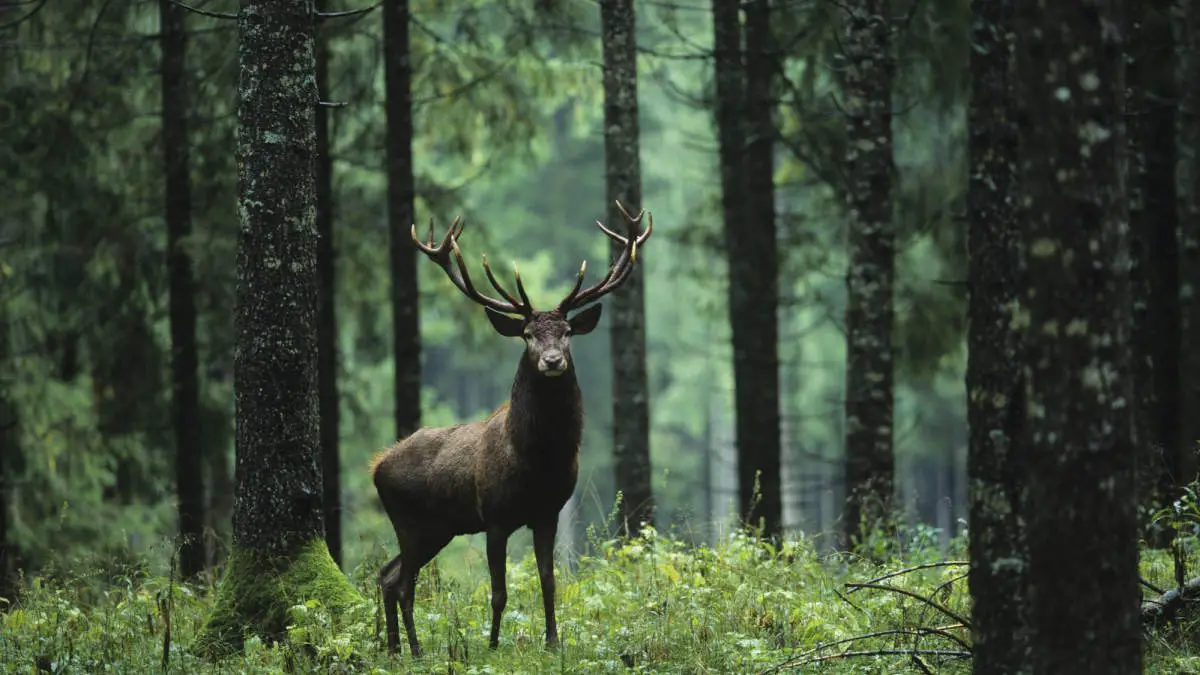The Earth is an ever-changing canvas, boasting a plethora of natural wonders that have captivated humans for generations. From expansive coral reefs teeming with life to awe-inspiring volcanoes that seem to touch the sky, these marvels remind us of the beauty and complexity of our planet. However, not all wonders stand the test of time. Climate change, natural disasters, and human activities are threatening the very existence of these treasures. A closer look at 10 recently lost natural wonders reveals a tragic but essential story: the urgency to protect what remains and the consequences of neglect.
Continue reading “10 Recently Lost Natural Wonders”Why Elephants are not Smarter than Humans, Despite Having Bigger Brains? [Explained]
Despite their larger brains, elephants and whales, while exhibiting significant intelligence, do not reach the cognitive levels of humans, whose brains are comparatively smaller. This paradoxical scenario underscores the complexity of measuring intelligence solely by brain size. In this exploration, we delve into why the larger brains of these majestic animals do not necessarily confer superior intelligence. There are nuanced factors beyond mere size – including brain structure, neuron density, and functional specialization – that contribute to the remarkable cognitive abilities seen in humans. This article aims to unravel the mysteries behind brain size and intelligence, offering insights into how diverse species have evolved distinct cognitive capabilities.
Continue reading “Why Elephants are not Smarter than Humans, Despite Having Bigger Brains? [Explained]”What would the Earth be like if humans had never existed? [15 significant differences]
Around 4 million years ago, the ancestors of humans and chimpanzees diverged, genetic evidence suggests. What, if the last common ancestor of chimpanzees and humans would suddenly die before giving birth to any babies? What would the Earth be like if humans had never existed?
Researchers from Aarhus University in Denmark demonstrated that the Earth without humans would resemble Serengeti, a geographical region in Africa that hosts the largest terrestrial mammal migration in the world.
Continue reading “What would the Earth be like if humans had never existed? [15 significant differences]”Top 15 Animals with Misleading Names
Animals can sometimes have misleading names and carry titles that either exaggerate their features, misrepresent their behavior or habitat, or simply confuse them with entirely different species. Here are the top 15 animals known for their misleading names:
Continue reading “Top 15 Animals with Misleading Names”Anna Lee Fisher became the first mother in space on November 8, 1984
On November 8, 1984, American astronaut Anna Lee Fisher became the first mother in space aboard the Space Shuttle Discovery as a mission specialist of NASA’s STS-51-A mission. It was her only spaceflight.
Continue reading “Anna Lee Fisher became the first mother in space on November 8, 1984”Top 10 Misconceptions about Earth
Our home planet is a complex and wondrous place, brimming with mysteries and surprises. Yet, in the vast expanse of knowledge we hold about Earth, some misconceptions have taken root. These widely held but incorrect beliefs often stem from outdated textbooks, misunderstood science, or the oversimplification of complex concepts for ease of learning. They range from ideas about the shape of the Earth and the causes of the seasons to beliefs about the composition of the atmosphere and the workings of Earth’s ecosystems.
Dispelling these misconceptions is not just about correcting facts; it’s about deepening our understanding of the world around us and fostering a more informed appreciation of our place within it. Here are the top ten misconceptions about Earth.
Continue reading “Top 10 Misconceptions about Earth”10 Largest Crocodiles Ever Recorded
Crocodiles are some of the largest and most fearsome predators on the planet, capable of taking down prey many times their size. These prehistoric-looking creatures have fascinated people for centuries, with many individuals wondering just how big they can get. Here are the ten largest crocodiles ever recorded, including their impressive sizes and the stories behind their incredible feats. From massive saltwater crocodiles to their lesser-known relatives, we will delve into the world of these ancient reptiles and discover what makes them such formidable creatures.
Continue reading “10 Largest Crocodiles Ever Recorded”The Largest Comet Bernardinelli-Bernstein was Discovered on October 20, 2014
On October 20, 2014, astronomers Pedro Bernardinelli and Gary Bernstein discovered the largest comet ever known using archival images from the Dark Energy Survey [see notes 1]. Comet Bernardinelli-Bernstein’s estimated diameter is approximately 85 miles (136.7 km) across, making it larger than the state of Rhode Island. According to NASA, its nucleus is about 50 times larger than that found at the heart of most known comets. [Source] Its mass is estimated to be a staggering 500 trillion tons – about 100,000 times greater than the mass of a typical comet found much closer to the Sun.
Continue reading “The Largest Comet Bernardinelli-Bernstein was Discovered on October 20, 2014”Apollo Guidance Computer [1965 TV Program]
This 1965 MIT Science Reporter television program serves as a remarkable time capsule, capturing a pivotal moment in the history of space exploration and computer technology. Presented by MIT in association with WGBH-TV Boston and produced for NASA, the program provides an in-depth look at the Apollo guidance computer and navigation equipment, a technological marvel weighing less than 60 pounds (27 kg) but tasked with guiding astronauts to the Moon and back.
Hosted by MIT reporter John Fitch, the program features key scientists and engineers including Eldon Hall, Ramon Alonzo, and Albert Hopkins from the MIT Instrumentation Laboratory, as well as Jack Poundstone from Raytheon’s Space Division. Together, they delve into the intricate complexities and monumental challenges of the project, from spacecraft trajectory control to computer construction and onboard telescope operation.
Continue reading “Apollo Guidance Computer [1965 TV Program]”6 Reasons Why Life is Based on Carbon Instead of Silicon
Every living thing on Earth, from giant trees and whales to tiny bacteria, has one surprising thing in common: they all rely on carbon. It’s a bit of a mystery when you think about it. Carbon isn’t the most common element around; that title goes to oxygen. It’s not the most stable, like helium, and it’s far less abundant than other elements, like nitrogen which fills most of our atmosphere. But still, carbon is everywhere in us, making up a fifth of our bodies. So, why did life choose carbon, especially when there were other elements in greater supply? Let’s dive into the story behind why nature might have picked carbon as its building block of choice.
Continue reading “6 Reasons Why Life is Based on Carbon Instead of Silicon”